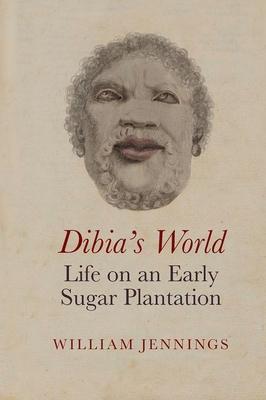Dibia was educated in Africa, stolen across the sea and sold into slavery. He spent the rest of his life on a sugar plantation, where he worked with Agoya, drank Abor's rum, married Izabelle and had a son named Paul. This book tells the story of the community he lived in with a hundred others in a colonial outpost of the Caribbean. It depicts the everyday life of enslaved Africans and Native Americans in remarkable detail, showing their names, relationships, skills, health and interactions, as they contended with and resisted their enslavement. Most studies of plantation life examine well-established colonies in the century before abolition. This work provides a counterpoint by depicting the founding population of an African-American community in the early years of the industrial sugar plantation complex. Drawing on a planter's manuscript, shipping records, missionary accounts and seventeenth-century scraps of paper, Dibia's World will appeal to specialists as well as general readers interested in the early Atlantic world, Creole societies, slavery and African-American history.

Dibia's World: Life on an Early Sugar Plantation
Dibia was educated in Africa, stolen across the sea and sold into slavery. He spent the rest of his life on a sugar plantation, where he worked with Agoya, drank Abor's rum, married Izabelle and had a son named Paul. This book tells the story of the community he lived in with a hundred others in a colonial outpost of the Caribbean. It depicts the everyday life of enslaved Africans and Native Americans in remarkable detail, showing their names, relationships, skills, health and interactions, as they contended with and resisted their enslavement. Most studies of plantation life examine well-established colonies in the century before abolition. This work provides a counterpoint by depicting the founding population of an African-American community in the early years of the industrial sugar plantation complex. Drawing on a planter's manuscript, shipping records, missionary accounts and seventeenth-century scraps of paper, Dibia's World will appeal to specialists as well as general readers interested in the early Atlantic world, Creole societies, slavery and African-American history.